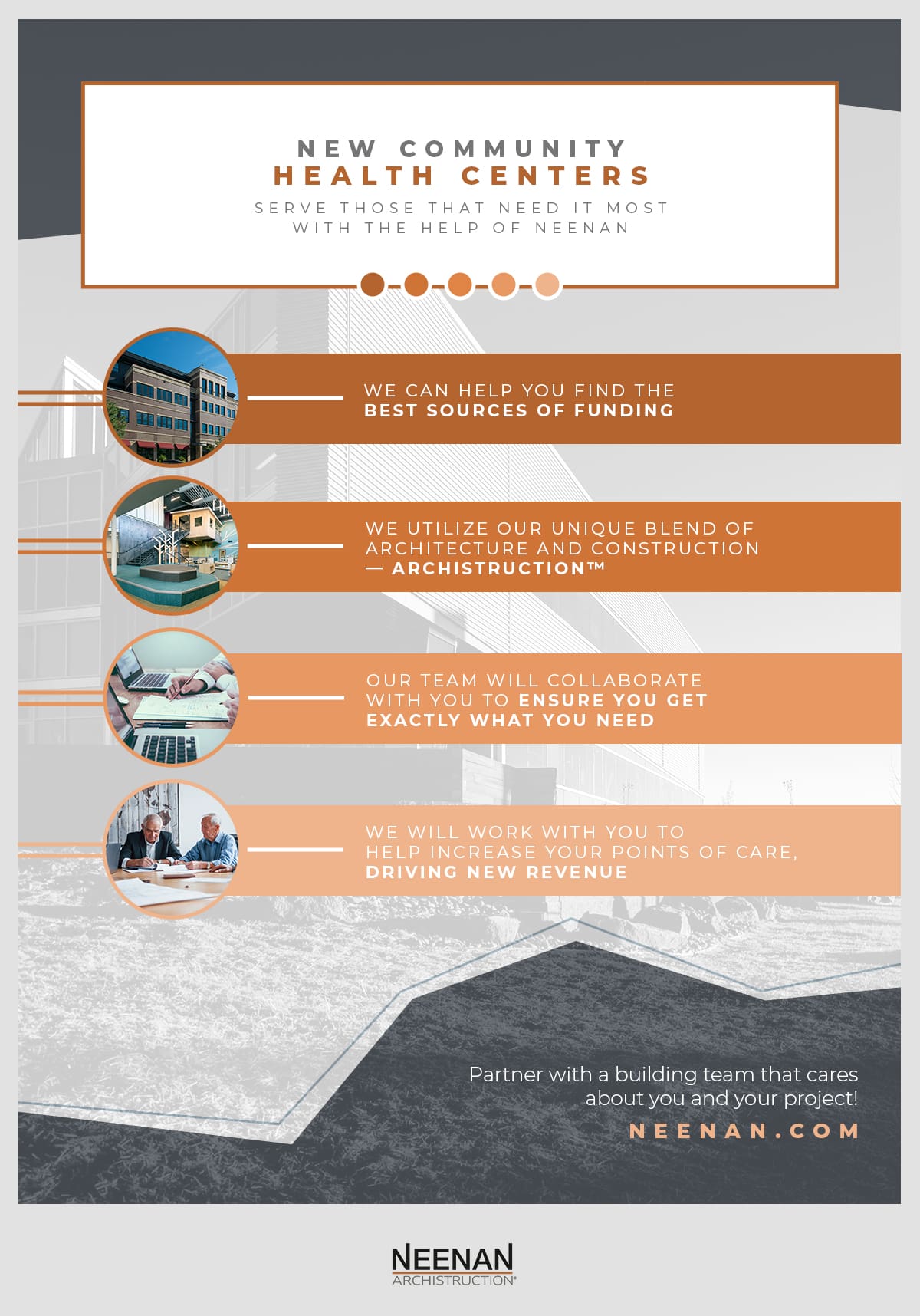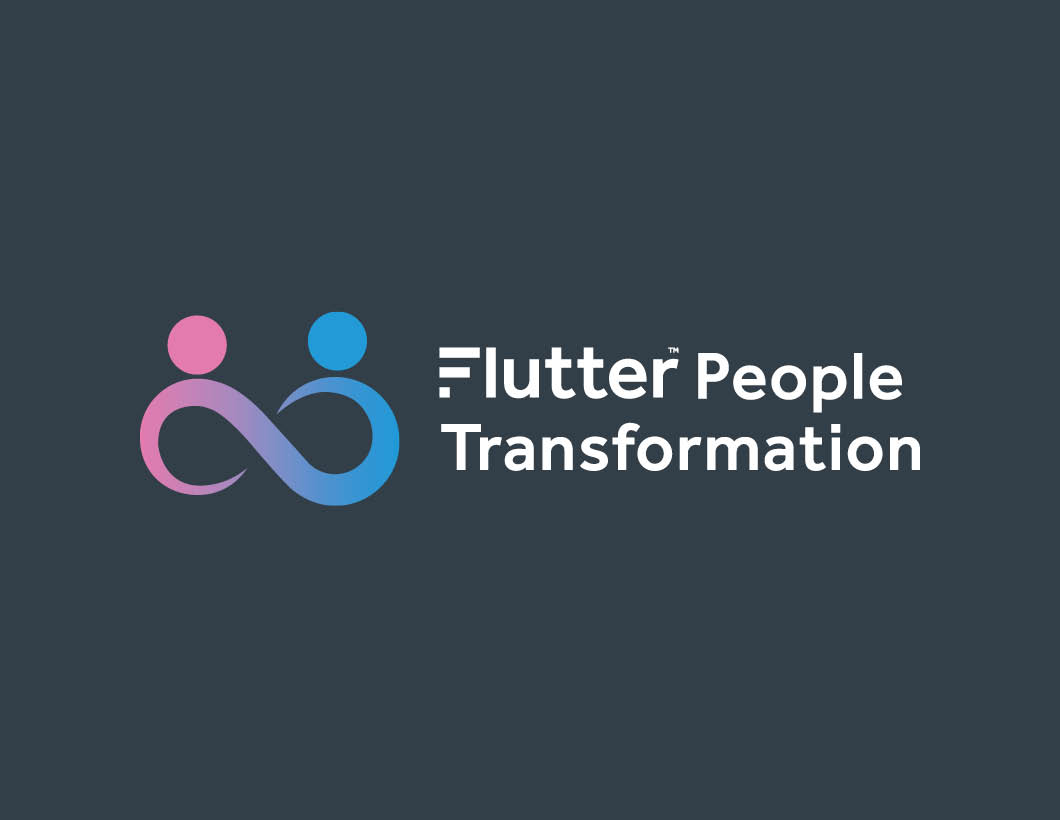Unlocking the Benefits of DNA Technology in Modern Medicine
Introduction: The Transformative Power of DNA Technology in Medicine
DNA technology stands at the forefront of medical innovation, offering solutions that were once the realm of science fiction. By manipulating genetic material, scientists can produce life-saving drugs, diagnose diseases earlier, and even correct genetic defects. This article explores the most direct and significant benefits of DNA technology in modern medicine, including practical examples, step-by-step guidance for accessing such advances, and important considerations for patients and healthcare providers.
Producing Vital Medications Through Recombinant DNA Technology
One of the clearest benefits of DNA technology in medicine is the ability to produce important human proteins, such as insulin, in large quantities . Before recombinant DNA techniques, insulin for diabetes management was extracted from pigs or cows, sometimes causing allergic reactions and often falling short of demand. Today, scientists insert the human insulin gene into bacteria, which then manufacture insulin identical to what the human body produces. This approach ensures a safer, more reliable, and abundant supply for patients worldwide [5] , [1] .
Other medically essential proteins created using DNA technology include human growth hormone for growth disorders and alpha interferon for certain cancers and viral infections. Recombinant vaccines, such as the hepatitis B vaccine, are also developed using similar processes, providing safer immunization options [5] .
How to Access These Treatments: If you have a medical condition that may benefit from recombinant medications, consult your healthcare provider. Most insulin and growth hormone products prescribed today are produced using recombinant DNA technology. These medications are available via pharmacies and hospitals, and your provider can discuss whether they are right for you.
Early and Accurate Disease Diagnosis
DNA technology enables healthcare professionals to identify genetic disorders even before symptoms appear . By sequencing a patient’s genome or testing for specific gene mutations, doctors can detect inherited diseases such as sickle-cell anemia , Huntington’s disease , or cystic fibrosis at an early stage [1] .
This early diagnosis allows for timely intervention, informed decision-making, and the possibility of preemptive treatment. For example, parents who are carriers of certain genetic diseases may choose to undergo prenatal genetic testing. In some cases, treatments can begin before birth or immediately after, improving patient outcomes [5] .
Accessing Genetic Testing: If you have a family history of genetic disorders, discuss genetic counseling and testing with your physician. Many hospitals and specialized clinics offer genetic screening services. Consider searching for certified genetics professionals through the National Society of Genetic Counselors or contacting your local hospital’s genetics department for more information.
Gene Therapy: Correcting Genetic Defects
Perhaps the most promising benefit of DNA technology is its role in gene therapy . This technique involves introducing a normal, healthy gene into a patient’s cells to compensate for a defective or missing gene that causes disease. Gene therapy is under intense research and has already shown success in treating certain forms of inherited blindness, immune deficiencies, and some cancers [5] , [2] .
For example, clinical trials have demonstrated that gene therapy can restore vision in individuals with Leber’s congenital amaurosis, a rare inherited eye disease. In cancer treatment, gene therapy is being tested to deliver genetic material that kills cancer cells or makes them more susceptible to standard treatments. While still experimental for many conditions, gene therapy represents a groundbreaking approach that could one day cure diseases previously considered untreatable [2] .
How to Explore Gene Therapy Options: Gene therapy is currently offered in specific clinical trials for select conditions. To learn more, talk with your healthcare provider or search for ongoing clinical trials on ClinicalTrials.gov . You can search by disease or therapy type to find current studies and eligibility requirements.

Source: test-english.com
Developing New and Safer Vaccines
DNA technology has revolutionized vaccine development by enabling the creation of recombinant vaccines . Unlike traditional vaccines that use weakened or killed pathogens, recombinant vaccines use only a fragment of the pathogen’s genetic material to trigger immunity. This approach reduces the risk of side effects and enhances safety, as seen in the hepatitis B vaccine [5] , [3] .
During the COVID-19 pandemic, DNA and RNA-based vaccine platforms enabled the rapid development and deployment of highly effective vaccines. Such technologies are now being explored for other infectious diseases and even some cancers.
Accessing Vaccines: Many vaccines produced using DNA technology are available through standard immunization programs. To find out what vaccines are recommended for you or your family, consult your healthcare provider or refer to the Centers for Disease Control and Prevention’s (CDC) official immunization schedules.
Expanding the Range of Therapeutic Proteins and Monoclonal Antibodies
Beyond insulin and vaccines, DNA technology makes it possible to create a wide array of therapeutic proteins and monoclonal antibodies used to treat cancers, autoimmune diseases, and rare genetic conditions. For instance, recombinant erythropoietin stimulates red blood cell production in patients with anemia, while monoclonal antibodies are used in targeted cancer therapies [4] .
How to Access These Treatments: Most of these advanced therapies are available by prescription and are administered in hospitals or specialty clinics. If you have a condition that may benefit from such treatments, ask your healthcare provider about the latest therapeutic options and whether you might qualify for them or for clinical trials exploring new therapies.
Challenges, Considerations, and Future Directions
Despite its many benefits, DNA technology in medicine raises important ethical, practical, and safety considerations. These include concerns about genetic privacy, the cost and accessibility of advanced therapies, and the long-term effects of gene editing. Ongoing research continues to address these challenges, aiming to make DNA-based treatments safer, more affordable, and accessible to a wider population [2] .
Most importantly, patients should seek advice from trusted medical professionals when considering genetic testing or advanced therapies. Reliable information can also be found through government agencies such as the National Institutes of Health (NIH) and specialized organizations in genetics and molecular medicine. When searching for resources, use terms like “genetic testing services,” “gene therapy clinical trials,” or “recombinant protein treatments” to find up-to-date offerings in your area.

Source: tapeciarnia.pl
Summary: The Direct Benefits of DNA Technology in Medicine
DNA technology enables the mass production of essential medicines, earlier and more accurate diagnosis of genetic diseases, development of safer vaccines, and the possibility of curing or preventing inherited disorders through gene therapy. While access to some of these innovations may require participation in clinical trials or consultation with specialists, many-such as recombinant insulin and vaccines-are already broadly available through standard healthcare channels. As research continues, the reach and impact of DNA technology in medicine will only expand, offering new hope to patients worldwide.
References
MORE FROM cheerdeal.com













